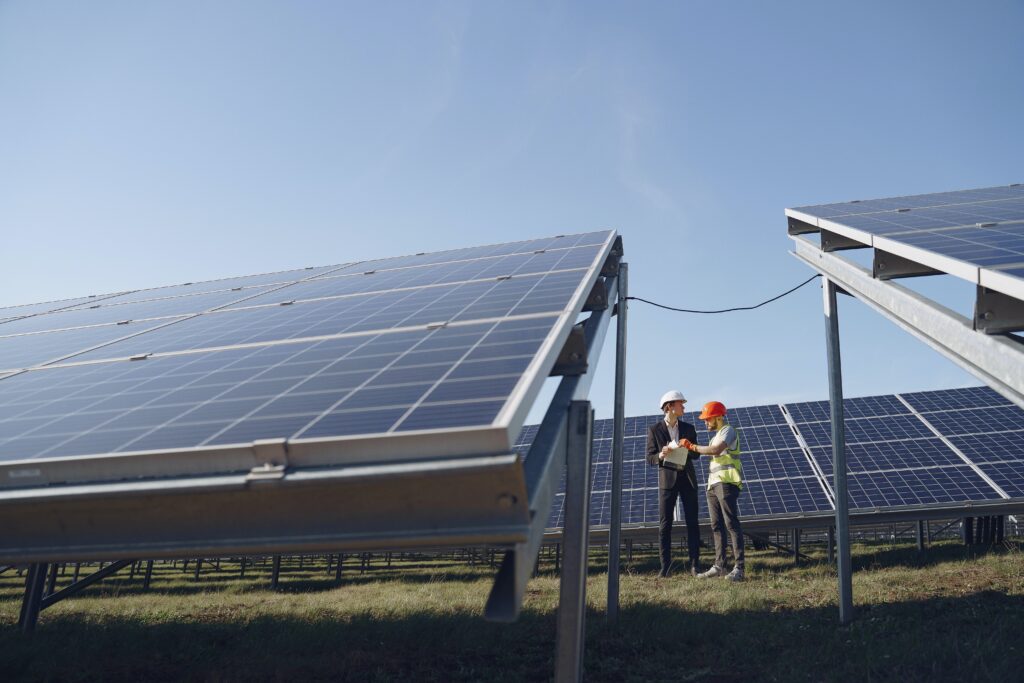
California approved $96.2 million in grants to support 10 tribal, unincorporated, and disadvantaged communities across the state to plan and implement local projects that reduce greenhouse gas emissions, improve public health, and improve the environment. environment while expanding economic opportunities for residents.
Combined, the 10 projects approved this Thursday will reduce greenhouse gas emissions by 64,000 metric tons, which is equivalent to taking 14,000 cars off the road for a year.
"California is empowering communities on the front lines of the climate crisis to address pollution and build resiliency in their own neighborhoods," the governor said. Gavin Newsom, who assured that support for community-led projects will bring environmental, economic and health benefits for decades to come throughout the state.
The California Strategic Growth Council voted unanimously to approve the grant through the program Transformative Climate Communities ?TCC?, which has awarded a total of 230 million dollars in 26 communities since 2016.
Notably, the program is part of the multi-year, $54 billion California Climate Pledge created by the Governor to promote economic opportunity and environmental justice in communities across the state.
TCC's current round of funding will support seven planning grants and the implementation of three climate resilient infrastructure proposals.
Planning grants provide pre-construction support to communities to successfully apply for future rounds of funding through TCC or other funding sources, while implementation grants fund affordable housing, access to public transportation, energy efficiency, electrification building, water and waste management, green infrastructure, air quality, workforce training, and anti-displacement programs, among others.
TCC grants approved were for: South Los Angeles Eco-Lab ?35 million dollars?; Richmond Rising ?35 million dollars?; City of Stockton, Stockton Rising ?$24,165,510; San Diego County ? Spring Valley SEEDS ?300 thousand dollars?; the Karuk tribe? Panámnik, sákriiv nukyávish! ?299 thousand 922 dollars?; and Monterey County ? Climate Prosperity for Pájaro Valley ?299 thousand 113 dollars?.
As well as Chicken Ranch Rancheria ?217 thousand dollars?; Allensworth Progressive Association $299,967; Native American Environmental Protection Coalition $300,000; and the 000 to the Wiyot tribe ?299 thousand 800 dollars?.
«Yôotva? thank you? to the State of California for bringing Tribes into the room and having access to this opportunity. The Karuk Tribe is the second largest in California and our Native communities, like Orleans, will be some of the hardest hit environmentally and economically by the new climate realities. With this planning effort we can stay ahead of the crisis,” said Russell Attebery, Tribal Chairman of the Karuk Tribe.
For Marie Patiño Gutierrez, Director of Policy and Research. in Strategic Actions for a Fair Economy and a community leader with the South LA Eco-Lab, community groups like SAJE, SCOPE, and TRUST South LA have advocated for nearly a decade for climate investments to reach the South Los Angeles community and consider the needs of existing community members.
"An investment of this size will greatly benefit our neighbors and support strong tenant and small business protections and policies for our communities for the long term," he added.
For his part, Brian Jointer, a resident of South-Central Los Angeles and a member of Scope, explained that “the impact of the red line is evident in South Los Angeles. We experience large amounts of air pollution, heavy policing, lack of green space, and polluting industries, with some neighbors living within 5 feet of active oil wells."
As part of TCC's current round of funding, the Strategic Growth Council also voted to allocate $10 million in remaining funds for additional technical assistance, as well as a pilot initiative to finance basic infrastructure and project development in tribal and non-tribal communities. incorporated with limited resources.
You may be interested in: San Francisco expects tourism recovery of 26.5% more by 2022


